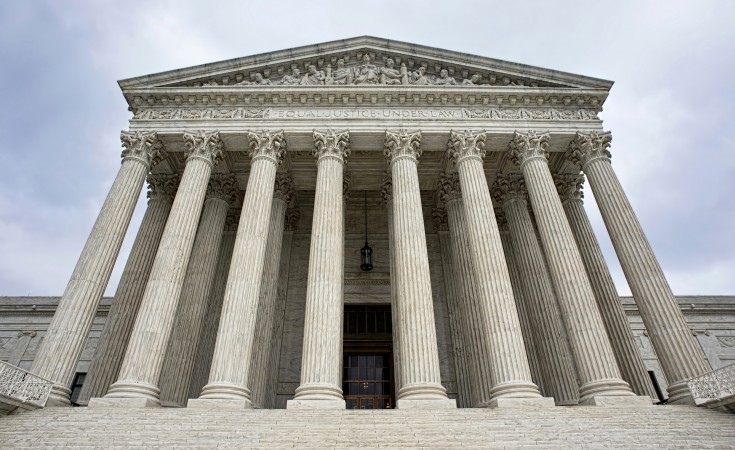The 2016 Supreme Court term ended in a number of compromise decisions, as the Court worked without a ninth justice for most of the term. But in April, Judge Neil M. Gorsuch was confirmed by the Senate and became the 113th justice of the Supreme Court, making the Court whole again. With nine justices present once again, the 2017-2018 term is shaping up to be an interesting one. Here are a few important employment cases the Court has agreed to hear this term:
- NLRB V. Murphy Oil/Epic Systems Corp v. Lewis. Arguments were held October 2, 2017 on whether arbitration agreements whereby employees agree to use arbitration individually in lieu of bringing class action lawsuits as a group are legal or not. This case started when the Obama Administration’s Justice Department stated arbitration agreements prohibiting class action lawsuits were illegal and against National Labor Relations Act’s protections for concerted activity. Now this position is opposed by the Trump administration’s Justice Department, and they are championing the Federal Arbitration Act’s right to agree to arbitration. The National Labor Relations Board will, at the same time, continue to oppose the right to arbitrate in favor of workers’ concerted activity rights.
- Encino Motorcars, LLC v. Navarro, Hector et.al. This case will decide the correct application of Fair Labor Standards Act (FLSA) and the Department of Labor’s exemption rules. Car salesmen and mechanics are exempt from certain record keeping and overtime requirements of the FLSA. The car dealership argues that these exemptions should also apply to service advisers.
- Janus v. American Federation of State, County and Municipal Employees, Counsel 31. This case will determine whether unions can require public employees to pay a fee to the union for representation purposes even if the worker opts out of the union. This case reviews a 1977 decision where the Supreme Court held that public employees that are represented by a union must at least pay an agency fee for their fair share of the union’s operation expenses. The Supreme Court will look at whether an adjusted fee that attempts to remove the cost of political activities from the union and get the dues to just administrative costs is sufficient to protect the worker’s First Amendment rights.
Tammy Lamary-Toman, JD, PHR, SHRM-CP, is vice president and employment counsel at the Manufacturer & Business Association. Contact her at 814/833-3200, 800/815-2660 or ttoman@mbausa.org.












